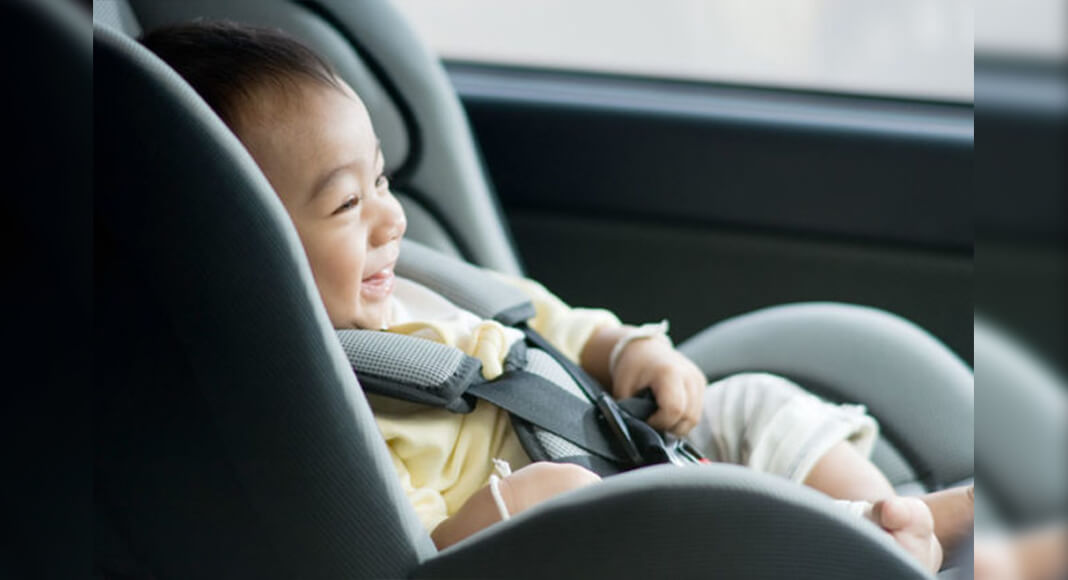
Texas Border Business
Cleveland Clinic – It seems unthinkable, and yet it happens. Every year, children die after being left in the car on hot days — even just for a few minutes.
There are some misconceptions about this issue, as explained by pediatrician Paula Sabella, MD. She separates five common myths from the facts and offers simple, powerful tips to protect children.
Myth: Caring, attentive parents don’t leave their kids in hot cars
Fact: Researchers estimate that half of hot-car incidents involve a loving parent or caregiver who forgets a sleeping child in the backseat (sometimes referred to as Forgotten Baby Syndrome).
“Even a simple change in the child care drop-off routine could confuse sleep-deprived parents and cause them to leave an infant behind, unaware,” Dr. Sabella says.
Myth: If I only leave my children in the car for 10 minutes, they will be OK
Fact: On an 80-degree day, the temperature inside your vehicle can reach a dangerously hot level in as little as 10 minutes.
Myth: If it’s only 60 degrees outside, my car can’t heat up to dangerous levels
Fact: An outside temperature of just 60 degrees F can heat your car to well above 100 degrees F.
Myth: Caring, attentive parents don’t leave their kids in hot cars
Fact: Researchers estimate that half of hot-car incidents involve a loving parent or caregiver who forgets a sleeping child in the backseat (sometimes referred to as Forgotten Baby Syndrome).
“Even a simple change in the child care drop-off routine could confuse sleep-deprived parents and cause them to leave an infant behind, unaware,” Dr. Sabella says.
Myth: If I only leave my children in the car for 10 minutes, they will be OK
Fact: On an 80-degree day, the temperature inside your vehicle can reach a dangerously hot level in as little as 10 minutes.
Myth: If it’s only 60 degrees outside, my car can’t heat up to dangerous levels
Fact: An outside temperature of just 60 degrees F can heat your car to well above 100 degrees F.
She offers some commonsense tips to help parents and caregivers form the kind of daily habits that can prevent hot car deaths.
Position your child’s car seat so that it is not directly behind the drivers’ seat. A passenger-side car seat allows parents to see the child more easily, lessening the likelihood of deadly forgetfulness.
Place an important item, like a purse, cell phone or employee ID badge in the back seat with your child. When you arrive at your destination, you’ll have to grab it from the back seat, where you’ll see your child as well.
Keep a stuffed animal, diaper bag or other visual cue on your front seat when your baby is in the car. Using a visual cue like this can help because babies fall asleep and can’t always give you an auditory clue.
Get into a regular habit of looking in the back seat before you lock your car doors.
Instruct your child’s caregiver to give you a call if your child doesn’t show up by a certain time.
If your child is playing outside and disappears for a few minutes, check the car immediately, including the trunk. It’s possible for kids to accidently lock themselves in a parked car.
Most hot car deaths are accidental, yet there’s never a good reason to leave a child alone in the car for any length of time. If you see an infant or child in a parked car and no adults are present, it’s important to be a good citizen.
“Don’t hesitate to call 911,” Dr. Sabella reiterates. “It could save a life.”















